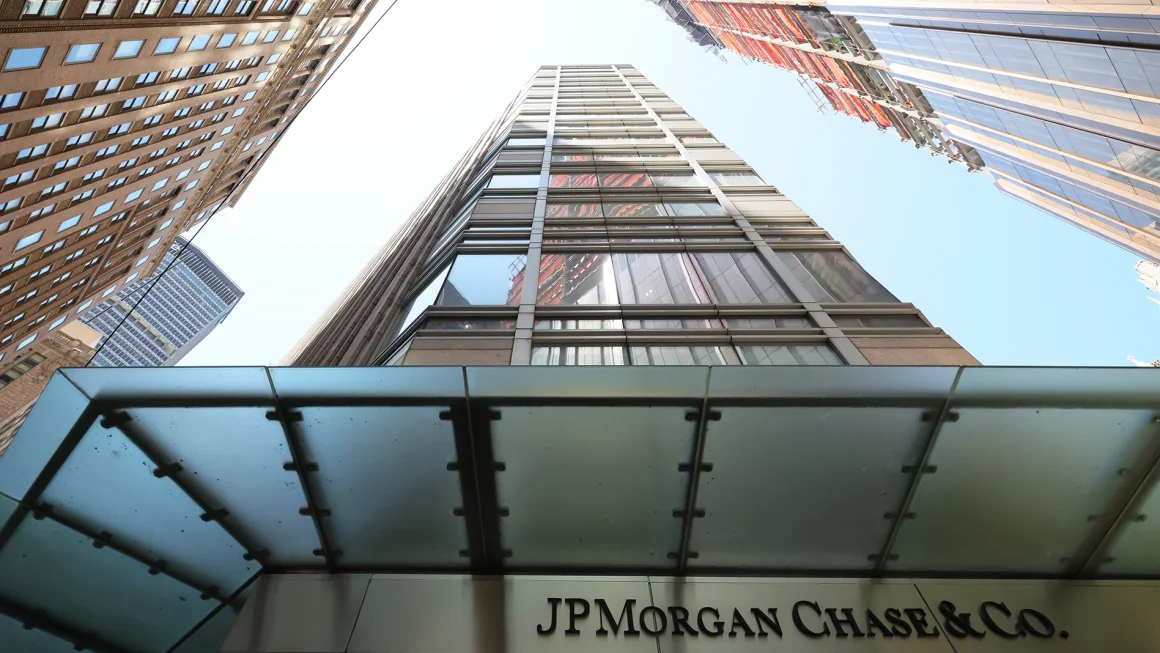In an age where digital security is paramount, JPMorgan Chase, a leading figure in the banking sector, confronts an unprecedented challenge. The bank now faces approximately 45 billion hacking attempts daily, which has astonishingly doubled since last year. This staggering statistic underscores the increasing complexity of cybersecurity threats and highlights the growing pressures on financial institutions to safeguard their systems against relentless cyber attacks.
JPMorgan Chase, recognized as the largest bank in the United States by assets, has significantly ramped up its defences. Mary Callahan Erdoes, the head of JPMorgan Chase’s asset and wealth management division, revealed at the World Economic Forum in Davos, Switzerland, that the bank’s annual investment in cybersecurity has reached a colossal $15 billion. Moreover, the bank employs 62,000 technologists, surpassing even tech giants like Google and Amazon. Erdoes emphasized the necessity of this investment, stating, “We have more engineers than Google or Amazon. Why? Because we have to. The fraudsters get smarter, savvier, quicker, more devious, and mischievous.”
The surge in cyber attacks isn’t confined to JPMorgan Chase. Banks across the United States and Europe are facing similar challenges, with some attributing part of the increase to Russian actors retaliating against sanctions following the country’s invasion of Ukraine. Additionally, the rapid advancement of artificial intelligence (AI) technologies has led to more sophisticated and complex cyber-attacks.
This trend raises significant concerns at the regulatory level. Gita Gopinath, deputy managing director of the International Monetary Fund, expressed apprehension about the use of AI by hackers, noting the difficulty for policy to keep pace with technological advancements. “Given the tremendous uncertainty about the scale of the impact of this technology and the way it is evolving, policy could be playing catchup,” Gopinath remarked, highlighting the risk of a “big event” occurring before effective countermeasures are developed.
Financial institutions themselves recognize the severity of these threats. A Bank of England survey revealed that cyber attacks are the sector’s number one systematic risk. Similarly, a KPMG survey found that over 70% of bank executives view cybersecurity as a significant concern for their companies.
Erdoes concluded with a sobering reminder of the ongoing battle against cybercrime: “It’s so hard, and it’s going to become increasingly harder. That’s why staying one step ahead of it is the job of every one of us.”
The alarming increase in cyber attacks faced by JPMorgan Chase and other financial institutions signals a critical juncture in digital security. With AI-driven threats escalating and the landscape of cyber warfare evolving rapidly, the financial sector’s commitment to robust cybersecurity measures is more crucial than ever. As these institutions brace for an uncertain digital future, the collective effort to stay ahead of cyber threats remains a formidable challenge but of utmost importance for safeguarding the global financial system.





















+ There are no comments
Add yours